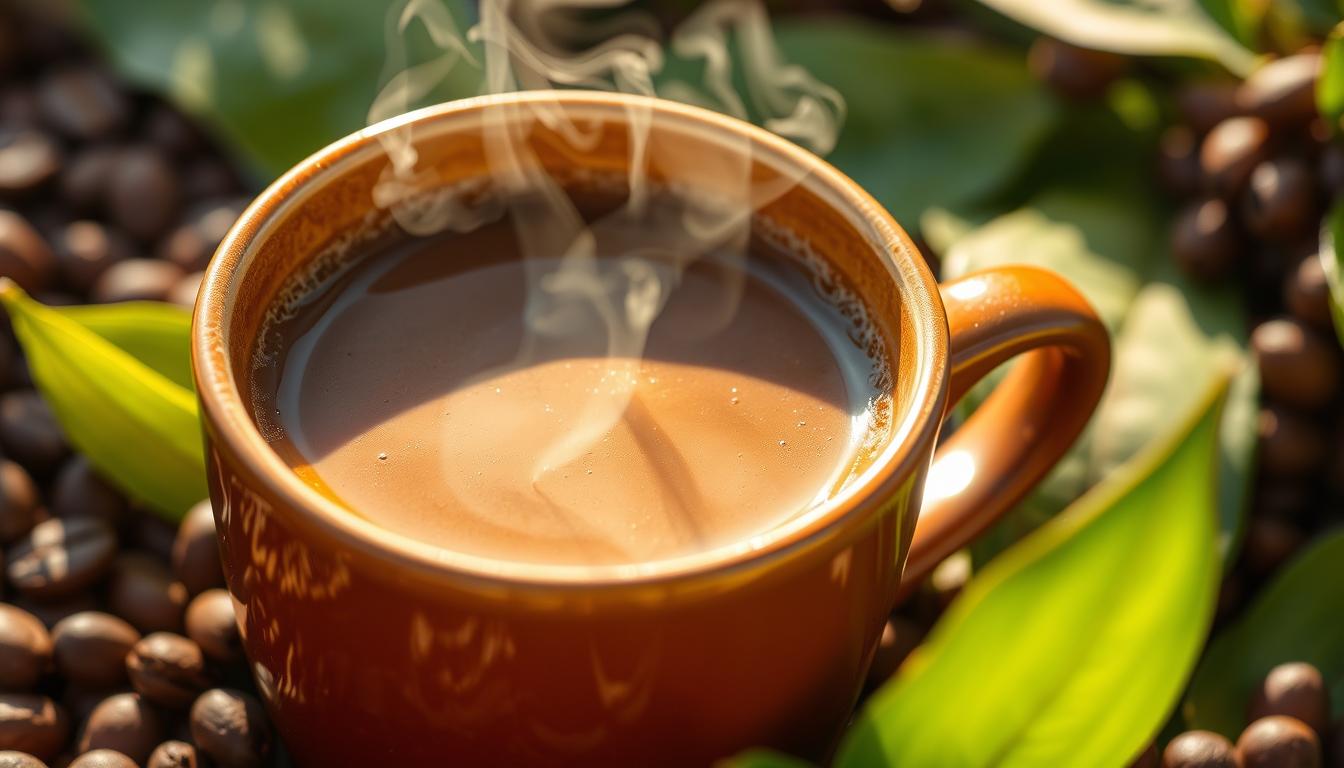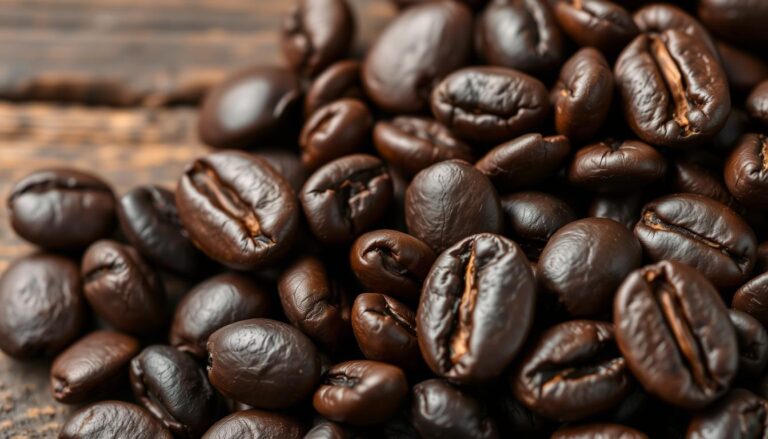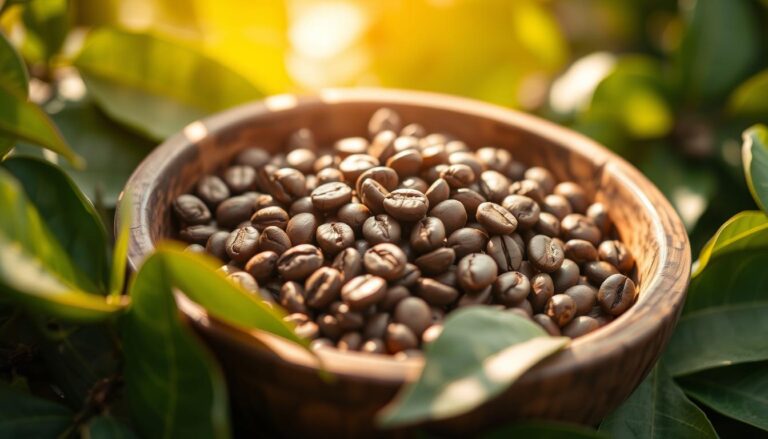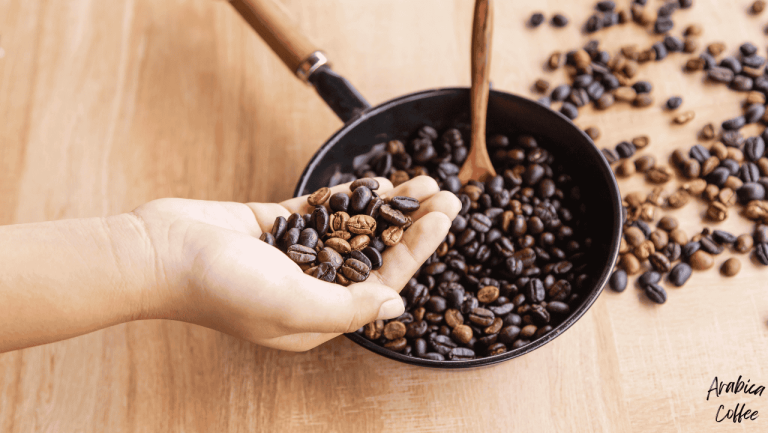Ever wondered why your morning coffee doesn’t pack the punch you expected? Arabica coffee might surprise you with its nuanced strength and complex flavor profile. Understanding the true nature of Arabica coffee strength goes beyond simple caffeine content.
When exploring coffee varieties, Arabica stands out as the most popular choice, representing about 60% of global coffee production. Despite its widespread popularity, Arabica coffee contains approximately 1-1.5% caffeine, which is less than Robusta’s 2-2.7%. This doesn’t mean Arabica is weak – it simply offers a different experience of coffee strength.
Your perception of coffee strength depends on multiple factors, including roast level, brewing method, and bean origin. Arabica coffee strength isn’t just about caffeine; it’s about a rich, complex flavor profile that coffee lovers cherish.
Key Takeaways
- Arabica coffee contains 1-1.5% caffeine
- Flavor complexity distinguishes Arabica coffee strength
- Brewing method significantly impacts coffee intensity
- Roast levels play a critical role in perceived strength
- Arabica represents 60% of global coffee production
- Coffee strength involves more than just caffeine content
Arabica Coffee
Arabica coffee beans are a top pick for coffee lovers. They come from a special place and have unique traits. These make them stand out from other coffee types.
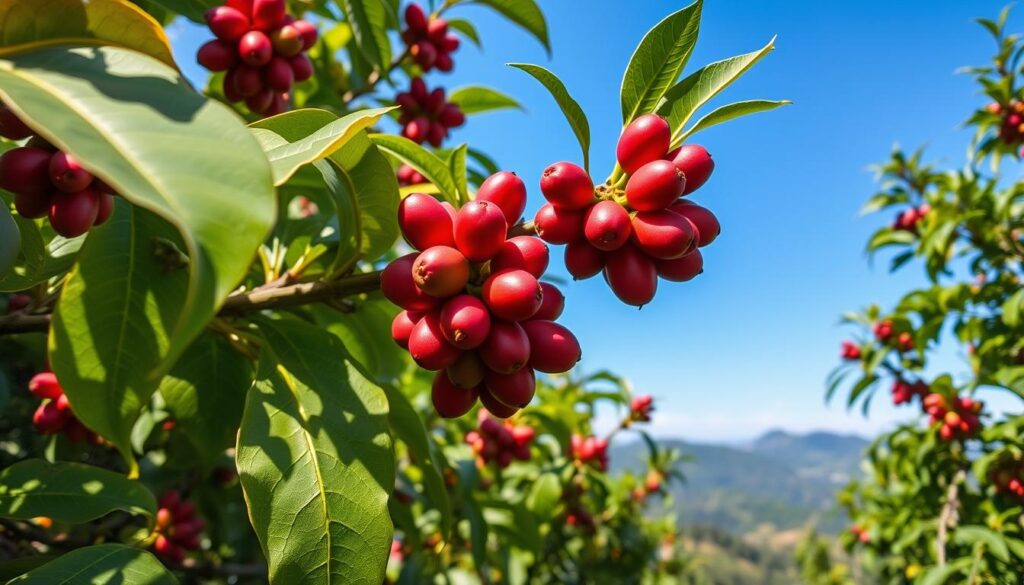
What is Arabica Coffee?
Arabica coffee comes from Ethiopia’s highlands. It makes up about 70% of the world’s coffee. Its delicate nature makes it highly valued by coffee farmers.
Characteristics of Arabica Beans
- Grown in tropical areas with high altitudes
- Has 1.2-1.5% caffeine, which is milder
- Rich in antioxidants and nutrients
- Self-pollinating, producing about one pound of coffee per plant
How Arabica Compares to Other Coffee Types
Arabica coffee has a richer taste than Robusta. It has more lipids and sugar, making it smoother and sweeter.
“Arabica beans are the champagne of coffee – delicate, complex, and truly exceptional.” – Coffee Expert
Arabica beans grow best in volcanic soil. This soil adds to their unique flavor. Brazil is the biggest producer, making sure we can all enjoy high-quality Arabica coffee.
Factors Influencing Coffee Strength
Understanding coffee strength is more than just a number. It’s about how different things come together to make your coffee taste strong and intense. Whether you love coffee or just enjoy it, knowing what makes coffee strong can help you make the perfect cup.
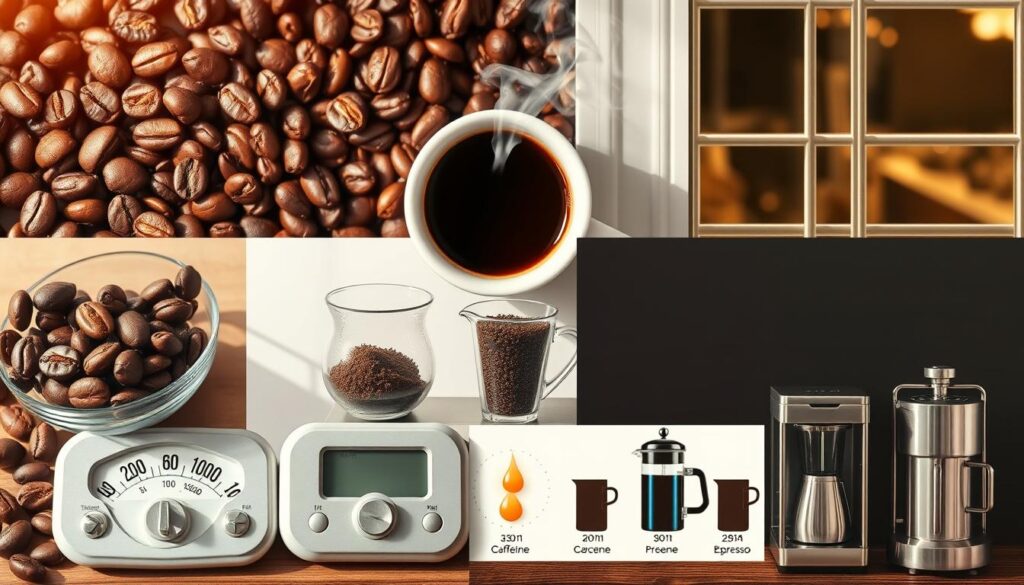
Caffeine Content in Arabica Coffee
Arabica coffee has less caffeine than Robusta beans. It has about 0.9-1.5% caffeine in its green beans. This lower amount makes Arabica taste smoother. But, it’s not just about caffeine. It’s also about the coffee’s flavor.
Brewing Methods and Their Impact
How you brew your coffee can change its strength a lot. Here’s a quick look:
- French Press: Makes a stronger and fuller coffee
- Espresso: It’s very concentrated and intense
- Drip Coffee: It’s usually milder
- Cold Brew: It’s smooth and can be very strong
Role of Roast Levels in Strength Perception
The roast level of your coffee affects how strong it tastes. Darker roasts taste more intense but might have less caffeine. Light roasts keep more of the bean’s original taste, while dark roasts offer a bolder taste.
“The art of coffee is understanding that strength is not just about caffeine, but about flavor, brewing technique, and personal preference.”
Try different brewing methods and roast levels to find your perfect coffee strength. This way, you can make a coffee that’s just right for you.
The Flavor Profile of Arabica
Explore the world of Arabica coffee, where every sip is a story of flavor and complexity. This coffee variety offers a journey of taste that goes beyond caffeine.
Exploring Arabica’s Taste Notes
Arabica coffee flavors are a world of taste experiences. Its coffee acidity makes it stand out, with a bright and complex profile. You’ll find a variety of tastes:
- Fruity undertones like berries and citrus
- Subtle chocolate and nutty hints
- Delicate floral notes
- Smooth, sweet finish
Flavor Complexity and Strength Relationship
The Arabica taste profile is closely tied to its strength. Unlike others, Arabica’s strength comes from its complex flavors, not just caffeine. Altitude, processing, and roast level all affect the taste.
“Arabica coffee is not just a drink, it’s a sensory experience that tells the story of its origin.”
The Sensory Experience of Drinking Arabica
Drinking Arabica coffee is a special experience. Its lower caffeine content (0.8% to 1.5%) gives a gentle boost. From Colombian smooth flavors to Ethiopian’s floral notes, each cup is a unique adventure.
Choosing the Right Coffee for You
Finding your perfect Arabica coffee is a fun journey. It’s all about your taste and what you like. Choosing the right Arabica coffee brands can make your morning coffee better. Start by thinking about what flavors and strengths you like.
When looking for coffee tips, buy whole beans from good roasters like 787 Coffee. Get beans that were roasted recently for the best taste. Light roasts have more caffeine, while darker roasts taste bolder. Try different roasts to find what you like best.
Making the perfect Arabica coffee needs care. Get a good grinder and adjust it for your brewing method. The water temperature, grind size, and brewing time all affect the taste. For those who love specialty coffee, try single-origin Arabica beans from places like Hacienda Iluminada. They offer unique flavors of fruit, nuts, and chocolate.
Finding your perfect coffee is a personal journey. Don’t be shy to try different Arabica coffee brands and brewing ways. Keep notes on what you like. This way, you can make your morning coffee ritual even better.

